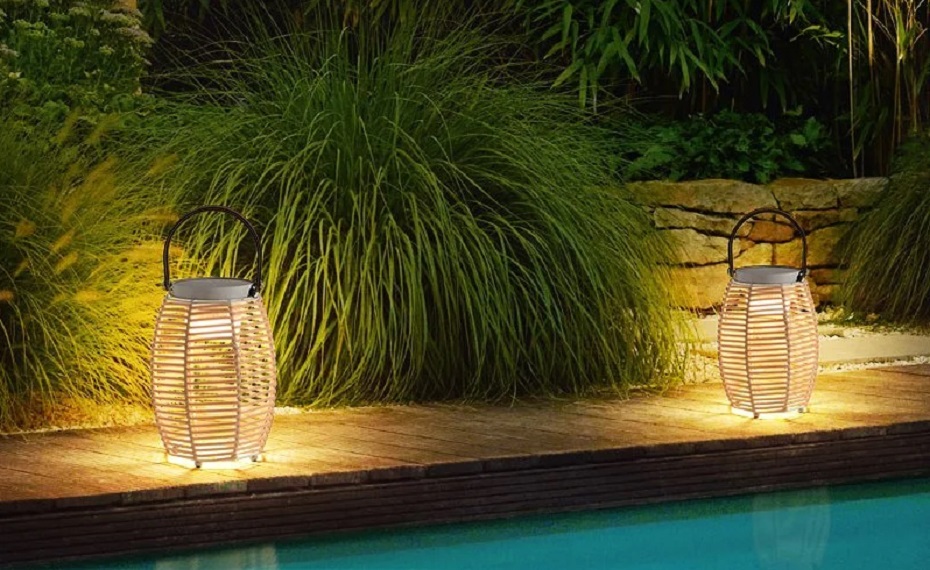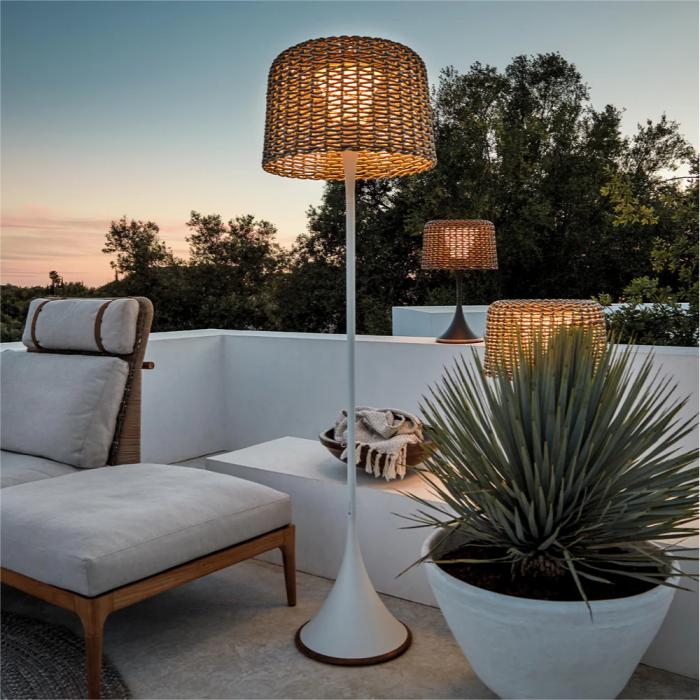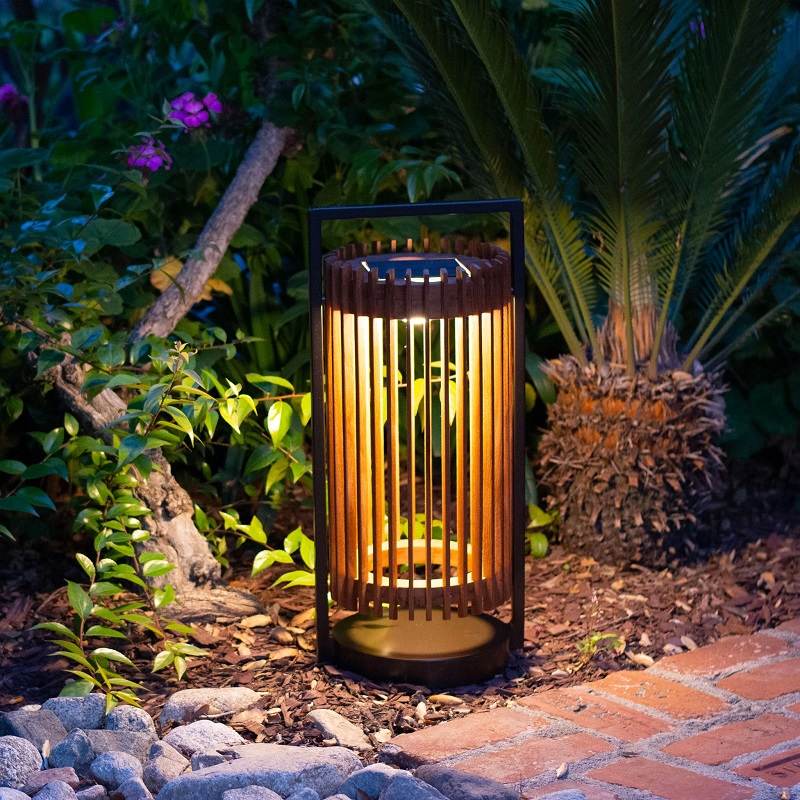In an era where sustainability and energy efficiency are paramount, selecting the right lighting solutions for your home can make a significant difference. Not only can you reduce your carbon footprint, but you can also save on energy costs. Here’s a comprehensive guide to help you choose the best energy-saving and environmentally friendly lighting solutions for residential use.
Ⅰ. Understand the Benefits of Energy-Saving Lighting
Energy-efficient lighting solutions, such as LED (Light Emitting Diode) bulbs, offer numerous advantages:
1. Reduced Energy Consumption: LEDs use up to 75% less energy than traditional incandescent bulbs.
2. Longer Lifespan: LEDs can last up to 25 times longer, reducing the frequency of replacements.
3. Lower Carbon Emissions: Using less energy means fewer greenhouse gases are produced.
Ⅱ. Types of Energy-Efficient Lighting
1. LED Bulbs: These are the most energy-efficient and versatile lighting options available. They come in various shapes, sizes, and color temperatures to suit different needs.
2. CFL Bulbs (Compact Fluorescent Lamps): CFLs are more energy-efficient than incandescent bulbs but less so than LEDs. They contain a small amount of mercury, so proper disposal is essential.
3. Halogen Incandescents: These are more efficient than traditional incandescent bulbs and can be used with dimmers. However, they are not as efficient as LEDs or CFLs.
Ⅲ. Choose the Right Color Temperature
Lighting color temperature is measured in Kelvin (K) and can affect the ambiance of your home:
1. Warm White (2700K-3000K): Ideal for living rooms and bedrooms, providing a cozy and relaxing atmosphere.
2. Cool White (3500K-4100K): Suitable for kitchens and bathrooms, offering a bright and energetic feel.
3. Daylight (5000K-6500K): Best for reading areas and home offices, mimicking natural daylight.
If You Are in Business, You May Like
Ⅳ. Consider Smart Lighting Solutions
Smart lighting systems can further enhance energy efficiency:
1. Automated Controls: Use motion sensors and timers to ensure lights are only on when needed.
2. Dimming Features: Dimmers allow you to adjust the brightness, reducing energy consumption.
3. Integration with Home Automation: Smart lights can be controlled via smartphone apps or voice assistants, providing convenience and additional energy savings.
Ⅴ. Look for Energy Star and Other Certifications
When purchasing lighting, look for the Energy Star label or other eco-friendly certifications. These labels indicate that the product meets strict energy efficiency and environmental standards.
Ⅵ. Evaluate Total Cost of Ownership
While energy-efficient bulbs may have a higher upfront cost, consider the total cost of ownership:
1. Energy Savings: Calculate the potential savings on your electricity bill.
2. Replacement Costs: Factor in the longer lifespan of energy-efficient bulbs, reducing the need for frequent replacements.
Ⅶ. Dispose of Bulbs Properly
Proper disposal of lighting products is crucial for environmental protection:
1. LEDs: Although they contain no hazardous materials, recycling is recommended to recover valuable components.
2. CFLs: Contain small amounts of mercury and should be disposed of at designated recycling centers.
3. Halogens and Incandescents: Can generally be disposed of with regular household waste, but recycling is preferred.
Ⅷ. Install and Position Lighting Thoughtfully
Strategic placement and installation can maximize efficiency:
1. Task Lighting: Use focused lighting for specific tasks, like reading or cooking, to avoid over-illumination.
2. Ambient Lighting: Ensure even distribution of light to reduce the need for additional fixtures.
3. Natural Light: Maximize the use of natural light during the day to reduce the need for artificial lighting.
By following these guidelines, you can make informed decisions that not only enhance the comfort and aesthetics of your home but also contribute to a more sustainable and environmentally friendly lifestyle. Embrace energy-saving and eco-friendly lighting solutions to create a brighter, greener future for all.
Post time: Jul-06-2024












